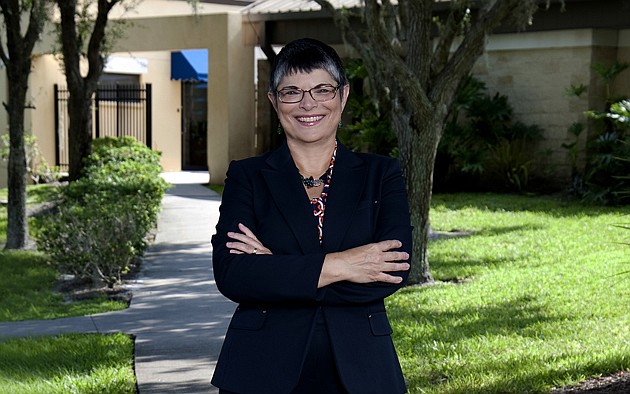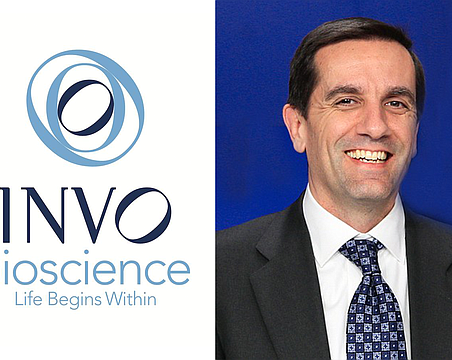Manatee Glens, a private behavioral health hospital and outpatient facility, has often been a local leader in adapting to health care industry changes.
The nonprofit organization, for example, began to use electronic prescriptions in 2007 and transferred to electronic health records in 2009. And president and CEO Mary Ruiz has long championed the idea that patients should feel like they are at a Ritz-Carlton, not an institution — another recent national trend. “The experience of health care is no one's idea of a good time,” Ruiz says. “It sucks, actually.”
Now Manatee Glens has another trendsetting move, with a new hospital psychiatry residency program. It's a partnership with the Lake Erie College of Osteopathic Medicine, which has a campus in east Manatee County. The Manatee Glens residency program, one of seven Osteopathic medicine programs in the country, will begin in summer 2014. Manatee Glens, the first private nonprofit psychiatric hospital in the country to have its own medical residency program, will accept three doctors a year who will stay for four years.
“I think this will put Manatee County and Manatee Glens on the national map,” Ruiz says. “There's a status in the medical community that comes with this designation.”
Manatee Glens, with revenues of $26.1 million, first looked into the viability of a psychiatry residency program in 2009. Studies back then told of a coming shortage in several health care disciplines, with psychiatry at the top of the list. That holds today: The American Psychiatric Association, in a March 2012 study, says there will be a nationwide shortage of about 22,000 child psychiatrists and 2,900 geriatric psychiatrists by 2015.
“While we are challenged with primary care (shortage),” Ruiz says, “it's even worse for psychiatry.”
Residents in the Manatee Glens program, recently graduated doctors, will be trained in inpatient, outpatient, addictions, severe and persistent mental health disorders. They will work with patients who suffer from schizophrenia and bipolar disorders, the hospital says, and they will treat adults, teens and children.
The American Osteopathic Association approved the Manatee Glens proposal earlier this year. “There was no template for this program,” Manatee Glens Chief Operating Officer Deborah Kostroun says in a statement. “Our team created it from beginning to end. It will now serve as a model for other nonprofit psychiatric hospitals.”
Manatee Glens was founded in 1955. The facility has run training programs for post-doctoral graduates, interns and students in nursing, social work, pharmacy and occupational therapy.
Ruiz joined Manatee Glens in 1987 and was named president and CEO in 1996. She comes from a government and business background, not a clinical training, and she says that's helped her guide Manatee Glens through the recession. “I think the best thing I do for Manatee Glens,” Ruiz says, “is I bring business principles to a nonprofit mission.”






